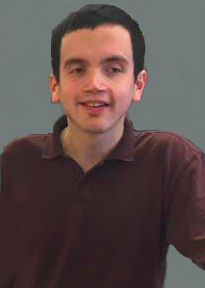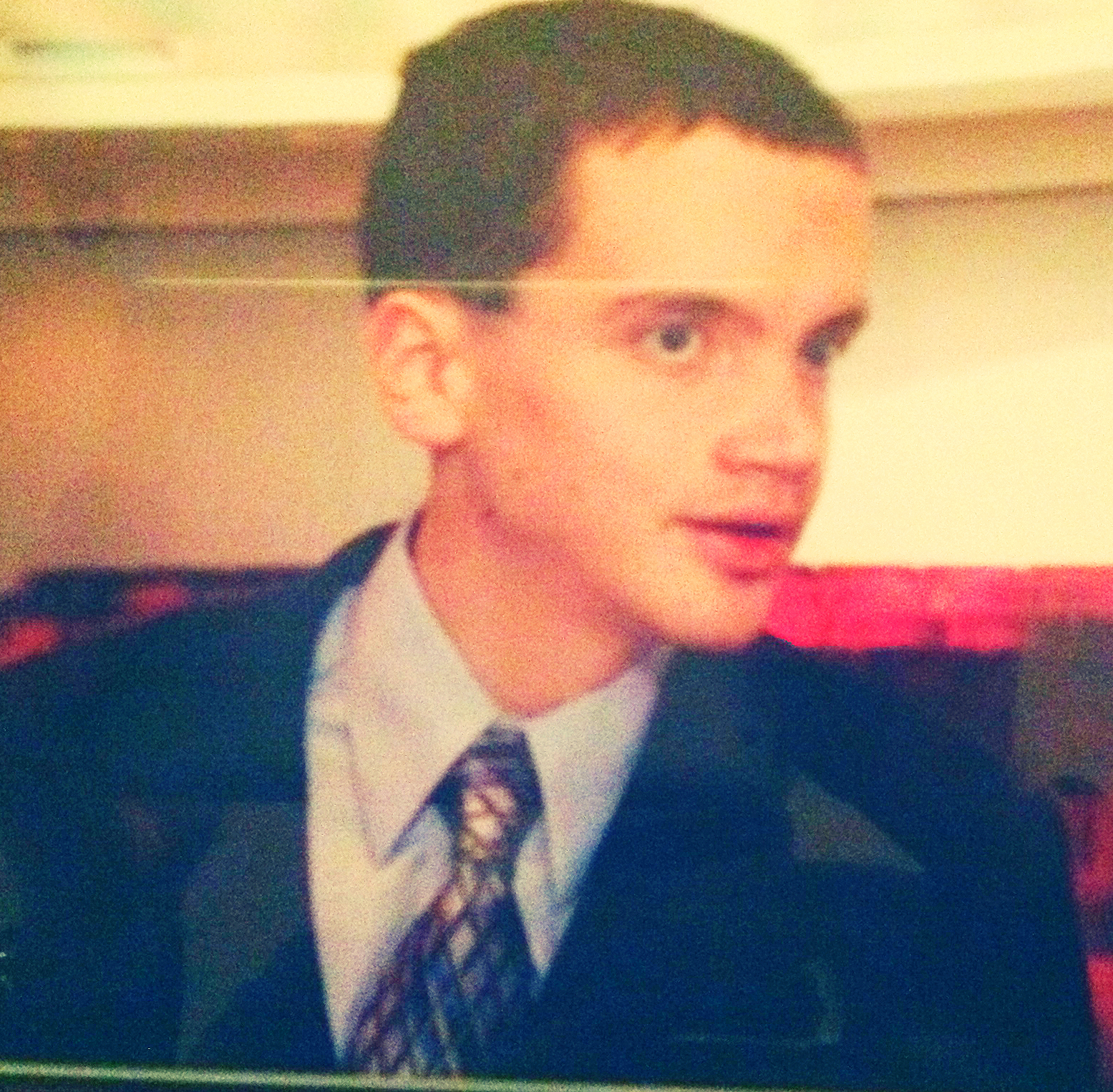
My older brother has autism, a disorder that mainly affects social interaction and communication skills. He is one of the proudest Jews you will ever meet: He attends services every Saturday morning, reads Torah once a month, and has all the prayers and their page numbers memorized. At our shul, one of the congregation’s favorite Shabbat rituals is reciprocating the hearty “Good Shabbos” my brother gives everyone each week.
Backtracking about ten years, my brother spent his summers in the Tikvah program at Camp Ramah in Wisconsin and then Ramah in New England. Tikvah is a summer program where kids and young adults with special needs can go to a Jewish sleepaway camp where they get the attention and support they need and wouldn’t otherwise get. My parents didn’t like the idea of sending him far away from our home in North Carolina at first, but these camps were the closest Jewish programs of their kind available. Camp Ramah Darom in Georgia hosts a five day camp called Camp Yofi, each summer for families who have kids with autism. My family attended that camp for three years before my brother aged out of it. During the rest of the year, there is another Jewish program that my brother has been a part of and enjoys called Friendship Circle, which pairs teens within the Jewish community to kids, teens, and young adults with special needs.
Like society at large, Jewish communities have not always known how to engage a diverse population. Many shuls over the years have created a children’s service to coincide with the adult service so adults can pray without having to worry about kids acting up or being bored. Much like a classroom though, the teachers who run the religious school or the children’s service don’t always have the capabilities, resources, or energy to attend to the kids with special needs along with all of the other students. To fix this, some Jewish communities have created religious school programs just for these students with small classroom sizes and more volunteers to help every individual get the attention they need. Just because someone learns differently or has other special circumstances does not mean they don’t have the ability to learn something, and it does not mean they should not be given the chance to learn, either. Autism is a spectrum—some people you would never know have it, while others have severe communication and social issues.
In a video, the late Lubavitcher Rebbe tells the father of an autistic boy: “Being autistic doesn’t mean they don’t relate to anyone- to people they don’t relate, but to God they relate as well as everyone else, and even more. While they’re not busy with people, they’re busy with God.” People with autism and similar disorders must be given the opportunity to be educated and involved within our communities. We all have our different paths to our Judaism. Regardless of who we are, where we are from, and the challenges each of us face, we are a Jewish community, a Jewish family, continuously calling for love and education about our past, present, and future. Jewish communities have learned from the past and continue learning from their members and other communities about how to engage people with different educational and social needs and wants and are now putting that knowledge into action.
Two years ago, my parents’ shul had a special High Holiday service for people with special needs and their families. This upcoming summer, Ramah Darom will have its first summer Tikvah program like those my brother attended in Wisconsin and New England. The Friendship Circle in Charlotte, North Carolina recently opened an upscale boutique shop called ZABS Place that trains and employs people with special needs because real life job training and actual jobs are very hard to find for people with special needs. More Friendship Circle chapters are constantly popping up and are in need of volunteers to be paired with the special-needs community members. Congregations are giving people with special needs more opportunities to participate in services by letting them open the ark, lead prayers, carry, and even read from the Torah, and special individuals and their families appreciate the opportunity to feel a part of the community. My family and I are sure that if it was not for my older brother’s love of Judaism and going to shul, he would stay in his room all day every day watching TV, but since he was given a Jewish education combined with a strong Jewish upbringing including Jewish sleepaway camp and religious school, he is now a very proud Jew.
My older brother will be turning twenty-five this Shabbat and, in honor of his birthday, he wanted to read two aliyot from the Torah; like every month he will be going up onto the bimah and doing what he loves, being an active member of the Jewish community. I wish him a happy birthday and pray that everyone in the Jewish community, regardless of the obstacles in their path will have the opportunity to learn, be involved, and love being a Jew just as much as my brother does, if not more.
Miriam Roochvarg is a student at North Carolina State University.

